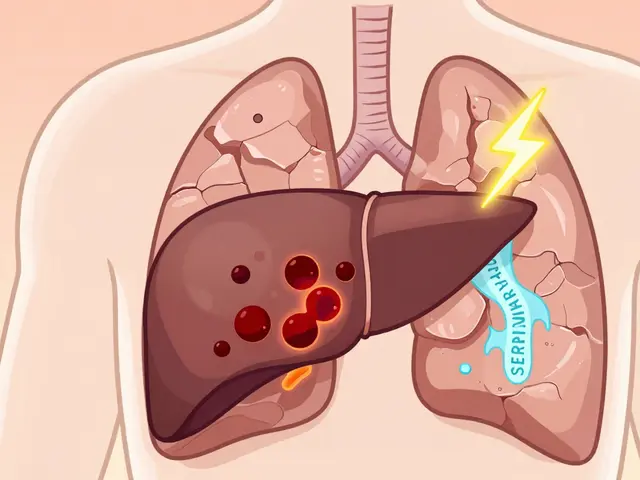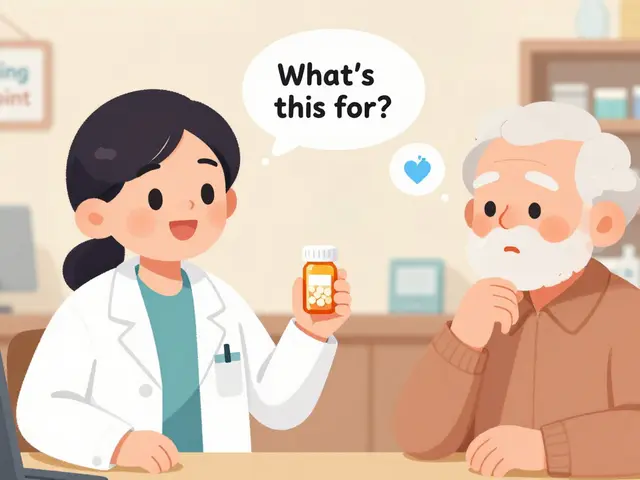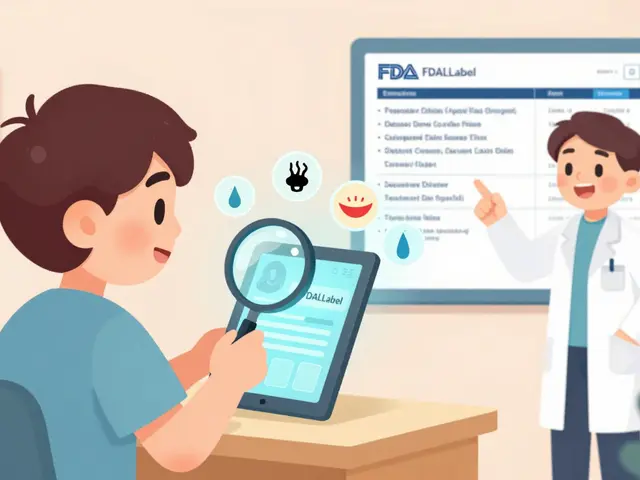Isotretinoin: real acne facts, safety tips, and what to expect
Isotretinoin can clear severe, stubborn acne when creams and antibiotics fail. It works by shrinking oil glands and cutting acne formation at the source. That power comes with real risks, so this page gives straight, useful advice you can use before, during, and after treatment.
What isotretinoin does and who it's for
Isotretinoin is an oral vitamin A derivative. It reduces sebum (oil) production, unclogs pores, and lowers inflammation. Doctors usually prescribe it for nodular or scarring acne, acne that won’t respond to topical meds or long courses of antibiotics, or when acne is causing major emotional or social distress.
Typical courses last about 16–24 weeks. Many prescribers aim for a cumulative dose around 120–150 mg/kg over the full course. Daily doses commonly start near 0.5 mg/kg and can go up to 1 mg/kg depending on how you tolerate it and how your skin responds.
Safety, side effects, and practical tips
Expect dry skin and chapped lips—those are the most common issues. You may also get dry eyes, nosebleeds, muscle aches, and increased sensitivity to the sun. Labs matter: your doctor will usually check liver tests and blood lipids before starting and again during treatment because isotretinoin can raise liver enzymes and triglycerides.
Pregnancy and isotretinoin do not mix. It causes severe birth defects. If you can get pregnant, you’ll need strict birth control, regular pregnancy tests, and to follow your country’s safety program (like iPledge in the US). Most programs require two reliable forms of contraception and negative pregnancy tests before and during treatment. Ask your prescriber exactly how long to wait after stopping isotretinoin before trying to conceive—follow their guidance.
Avoid vitamin A supplements while taking isotretinoin. Don’t combine it with tetracycline antibiotics (risk of intracranial hypertension). Limit alcohol because it can worsen triglyceride rises and strain the liver. Don’t donate blood while on treatment and for the period your clinic recommends after stopping.
Practical skin care tips: use a gentle cleanser, heavy lip balm, and a non-irritating moisturizer. Wear sunscreen every day—your skin will be more sun-sensitive. Skip hair removal waxing and aggressive cosmetic procedures during treatment and ask your dermatologist when it’s safe to schedule them after therapy ends.
Mood changes have been reported. If you feel sudden low mood, anxiety, or suicidal thoughts, tell your doctor or seek help immediately. Keep open communication with your prescriber and report side effects early so doses can be adjusted or treatment paused if needed.
If you’re weighing options, ask about alternatives such as hormonal therapy (for people who can use it), oral antibiotics, or topical retinoids for milder acne. Isotretinoin is powerful, but the right choice depends on your acne severity, medical history, and life plans. Talk honestly with your dermatologist—bring questions and a list of current meds so you can make a safe plan together.
Isotretinoin and Self-esteem: How Clear Skin Can Improve Your Confidence
In my latest blog post, I delve into the relationship between isotretinoin, a powerful acne medication, and self-esteem. It's no secret that clear skin can boost your confidence, and isotretinoin has proven to be highly effective in treating severe acne. The transformation it brings to those who have struggled with persistent acne is truly life-changing. However, it's important to remember that this is a potent drug with potential side effects, and it's not for everyone. Consultation with a dermatologist is crucial before starting isotretinoin.
Read More





